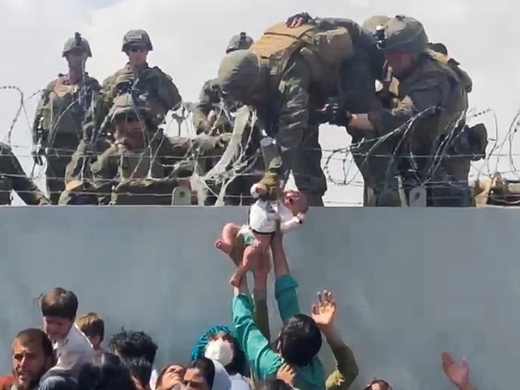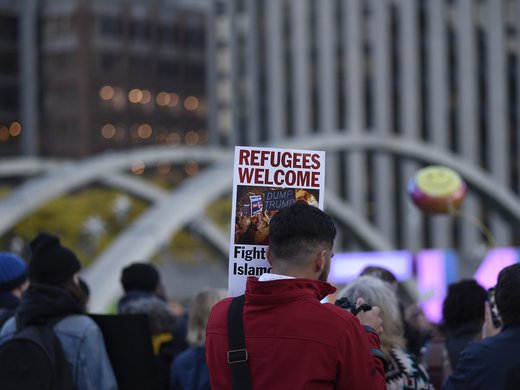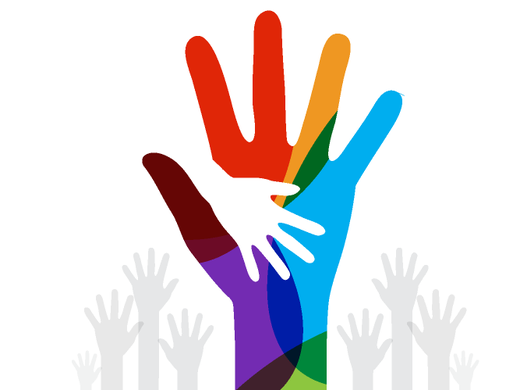Today, more than 60 percent of all refugees and 80 percent of all internally displaced persons are living in urban areas. While cities are periodically overwhelmed by sudden mass influxes of forced migrants, they are remarkably effective at absorbing populations on the move. With some exceptions, the international community — the UN Refugee Agency, in particular — has been slow to empower cities to assume a greater role in protecting, assisting and promoting durable solutions for refugees, asylum claimants and other groups of concern. New compacts on migration and refugees only tangentially address cities’ pivotal role in shaping the experience of forced migrants. Instead, cities are developing solutions on their own. This paper assesses the characteristics of the urban displacement crisis and identifies challenges and opportunities confronting cities, challenging myths associated with the “refugee burden” and offering preliminary recommendations for stepping up international, national and municipal cooperation.


